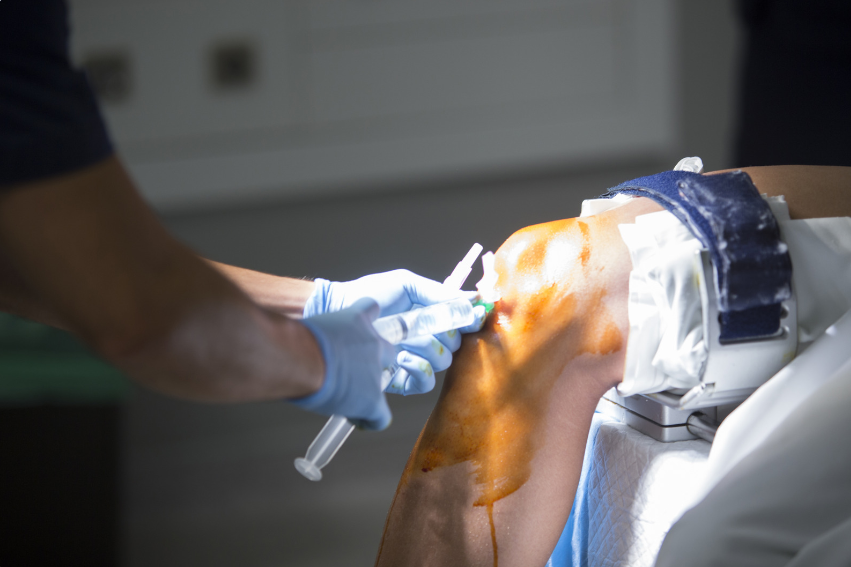Knee surgery is a critical step for many individuals grappling with debilitating knee conditions. Whether due to injury, arthritis, or wear and tear over time, understanding the nuances of knee surgery can empower patients to make informed decisions about their health and recovery.
Types of Knee Surgeries
Knee surgery encompasses various procedures tailored to specific conditions. Knee replacement surgery, including total and partial knee replacements, is often recommended for severe arthritis or significant joint damage. On the other hand, arthroscopy serves as a minimally invasive option for repairing torn cartilage or removing damaged tissue. Athletes and active individuals may also undergo ACL reconstruction to restore knee stability after injury.
Preparation for Knee Surgery
Before undergoing knee surgery, a thorough medical evaluation is crucial to assess overall health and identify any potential risks. Patients typically engage in pre-surgery rehabilitation to strengthen surrounding muscles and improve post-operative outcomes. Moreover, addressing mental preparation helps manage anxiety and set realistic recovery expectations.
Understanding the Procedure
During knee surgery, precise steps are taken to address the underlying issue. Knee surgery involves careful incisions to access the affected area, followed by the necessary repairs or replacements. Anesthesia options, such as local or general anesthesia, ensure patients are comfortable throughout the procedure.
Recovery Process
Immediately following knee surgery, patients can expect a period of rest and monitored care. Physical therapy plays a pivotal role in restoring knee function through targeted exercises that gradually build strength and flexibility. Effective pain management strategies, including medications and therapeutic treatments, aid in easing discomfort and promoting recovery.
Complications and Risks
Despite advancements, knee surgery carries inherent risks, such as infection or blood clots. Understanding these potential complications allows healthcare providers to mitigate risks and ensure a safe recovery. Long-term outcomes vary, influenced by individual health factors and adherence to post-operative care plans.
Lifestyle Changes After Surgery
Following knee surgery, incorporating regular exercise tailored to knee health is essential for maintaining strength and flexibility. A balanced diet rich in nutrients supports healing and overall joint health. Managing pain and swelling post-surgery involves adopting strategies that align with personal comfort levels and medical advice.
Takeaway
Navigating knee surgery involves comprehensive preparation, understanding the procedure, and embracing post-operative care. By prioritizing health, seeking guidance from healthcare professionals, and staying informed, individuals can effectively manage knee conditions and reclaim active lifestyles.






